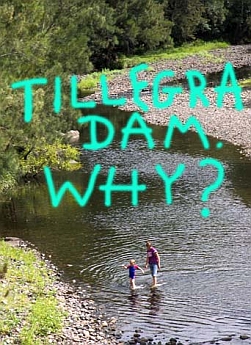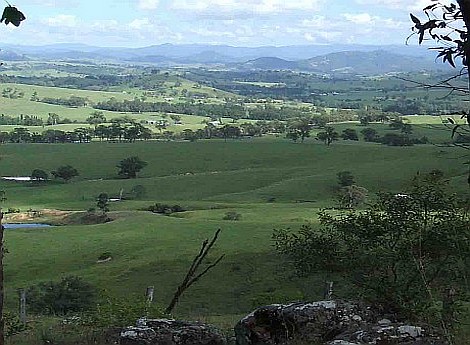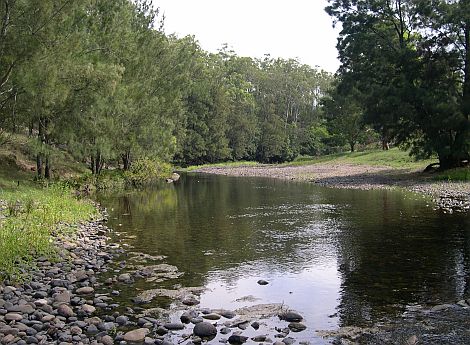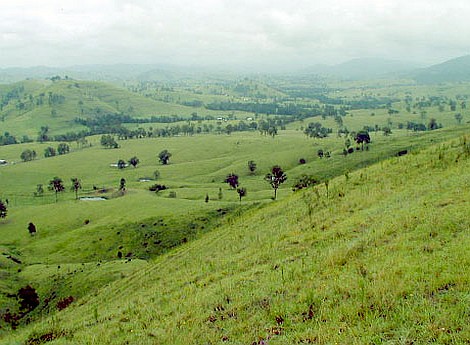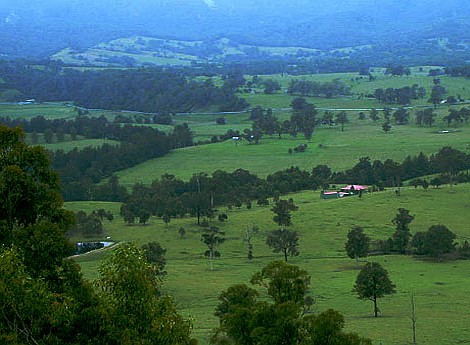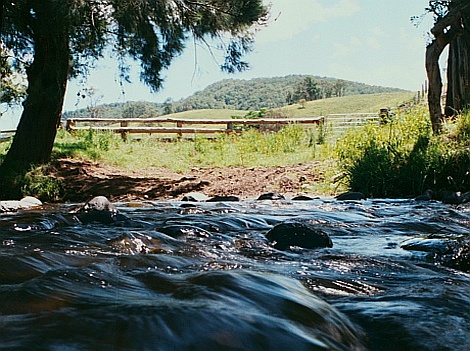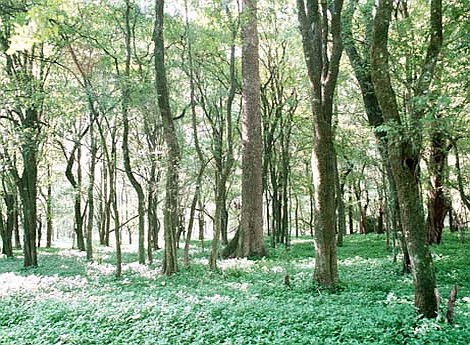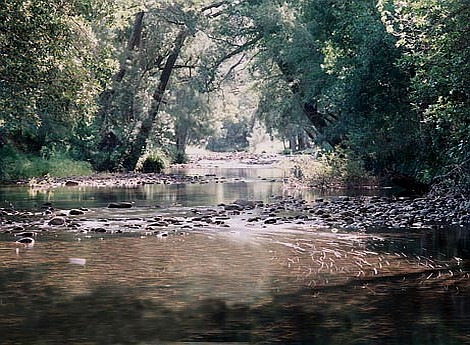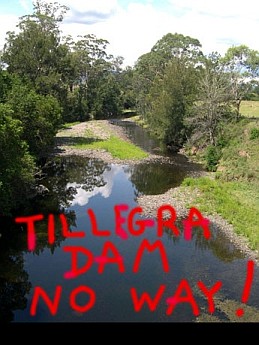Manage our water better please
By Sam East:
For too long we have treated our rivers and groundwater systems as limitless supplies of water – “they are not magic puddings” says Penny Wong. Announcing details of the Federal Government’s Water for the Future Plan Penny Wong also warns that Australians need to use water more efficiently and conservatively. At last we’re talking about the white watery elephant in the room. So what’s planned in NSW and what’s planned for our Hunter region?
In last Saturday’s Newcastle Herald I noticed Hunter Water’s large public advertisement calling for submissions to its H250 Plan- securing our water future. The plan’s emphasis is on efficiency says Kevin Young in his introduction. I’m not sure that it is.
A couple of week ends ago I was at Wangat Lodge for the ‘Wise Ways to Water’ community forum where I heard Dr Simon Fane from The Institute of Sustainable Futures (ISF), UTS talk about water efficiency with particular reference to the proposed Tillegra Dam. Its worth noting that The ISF is a recognised expert in demand management- including water.
For those who haven’t seen the figures in the H250 Plan, costs associated with Tillegra Dam account for $300 million of the proposed demand and supply development expenditure of just over $400 million. That’s 75% going towards new supply. A mere $89 million in comparison is ear marked for demand management and conservation projects through things like recycling and leakage repair.
According to details in Dr Fane’s presentation, demand management is one of the best tools in a water manager’s tool kit and it is much cheaper to save water than to supply more. Building an expensive and destructive dam to supply water to an already well serviced community is questionable. Not only from an efficiency perspective but because there are many other savvy ways to consider in the whole water management mix.
Hunter water used to agree – in its Integrated Water Resource Plan in 2003 it stated ‘building a new dam at Tillegra would be far less cost effective than many demand management and conservation initiatives’. In this plan it also stated ‘a new water source will not be required within the next 30 years’. The Corporation seems to have changed its tune and now believes another archaic dam is needed. Hydrologist Charles Essery, who also spoke at Wise Ways to Water and has worked for both Hunter Water and the State Government believes dams are totally outdated and likens them to steam engine technology. They are relics for frustrated old school engineers and nostalgic dreamers.
Furthermore Fane believes demand management buys us time while other water management ‘readiness’ options can be worked on and developed e.g. desalination, rain harvesting, advanced recycling and grey water systems. He says that if you can avoid building such capital intensive structures like dams the savings to rate payers, the utility and the state are massive. Imagine what other innovative water projects we could spend $300 million dollars on?
A fantastic project at the Junction Public School comes to mind – Save the Rain. Last year a $50k grant supplied the school with 5 new water tanks – 4 to supply the toilet block and one for the permaculture garden – and a smart meter to measure how the system works. Not only is this project water efficient its teaching our kids about the importance of water and how we’ve got to do things differently. Priceless.
Public submissions for Hunter Water’s H250 Plan close this month on May 16th. Its not much time for Hunter residents to have their say but this is our water future and we can shape it without an extortionately costly and possibly dangerous dam. Many people are not aware, but the decision to use the Tillegra Dam site has been based on 1950’s geological data – the site has not been mapped in modern times! Local geologist Graham Holt knows the area well and has identified several major thrust fault lines along key sections of the proposed site. He believes that if the dam goes ahead it is a disaster waiting to happen.
A collapsed dam, a wrecked river and increased water rates does not sound too clever or efficient to me.
Sam East
Campaign Coordinator
The Wilderness Society Newcastle
